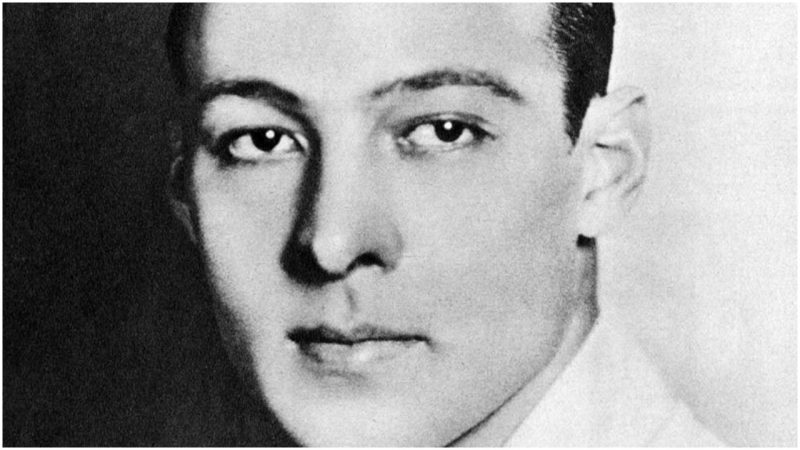The Italian-born American actor, Rudolph Valentino rose to fame through his starring roles in some well-known silent films during the 1920’s era, including The Four Horsemen of the Apocalypse, The Sheik, Blood and Sand, The Eagle and The Son of the Sheik.
He quickly became a pop icon and sex symbol of the era and was known as the “Latin lover”, winning thousands of female fans. When he died aged only 31, there was a massive hysteria that further propelled the iconic status of the Italian.
Even as a child, Rudolph was praised for his exceptional looks and charisma. While his mother loved him, his father disapproved of him. He performed poorly in school and was unable to find a good job in Italy, or in Paris, where he lived for a while.
He departed for the United States in 1913, however fame and success did not come instantly for the Italian immigrant. Valentino soon had run out of money and had to spend a lot of time on the streets of the Big Apple. He took on obscure and underpaid odd jobs, just to survive. At one point, he worked as a taxi dancer, which meant he was hired to dance with customers in taxi-dance halls, popular across America in the early 20th century.
However, Valentino aspired to a career in cinema, which was still in the silent film era. The path eventually led him to Los Angeles where he actively sought for screen roles. Despite all efforts, he was most often cast as a villain character because he looked completely different from the typical all-American look. Not satisfied with the roles he was picked for, Rudolph returned to New York City and stayed with friends in Greenwich Village. There, he met the French cinematographer Paul Ivano, and his fortunes changed.
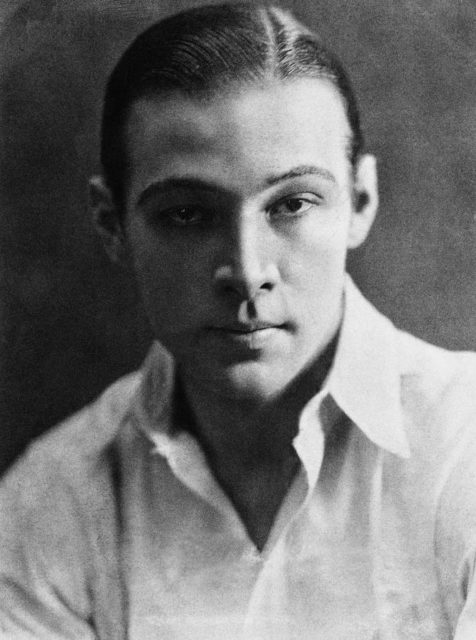
Soon after, he picked a role in The Four Horsemen of the Apocalypse, a film based on the novel by Vicente Blasco Ibáñez. He had liked the book and once he found out that Metro Pictures had bought the film rights to it, he rushed to their studio, only to find out that the studio was also looking for him, in a manner of speaking. He was cast in the role of Julio Desnoyers and The Four Horsemen of the Apocalypse was released in 1921 becoming an instant commercial and critical success. It was also the first film to make $1,000,000 at the box office, which to date remains the sixth-highest grossing silent movie ever made. This surely opened the path to success for Valentino and so other great movies followed. The Sheik, for example, is considered to be the most famous film he did.
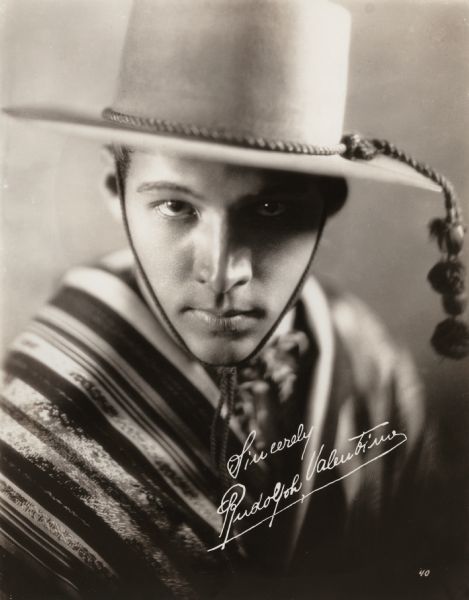
On August 15, 1926, just five years into his life of fame, Valentino collapsed at a hotel in New York City. He was hospitalized and needed immediate surgery after suffering from inflammation of the appendix and gastric ulcers. His condition did not improve after the surgery but in fact worsened and the doctors realized he was going to die. Though he was conscious in the early hours of Monday morning on August 23rd, and even chatted with doctors about his future, Rudolph Valentino passed away just a couple of hours later, at the young age of 31.
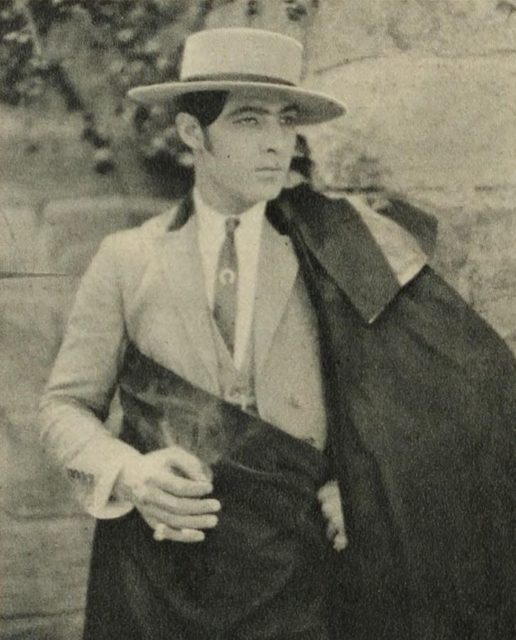
The announcement of his death provoked the appearance of an estimated 100,000 people in the streets of New York for the funeral service; his body was displayed at Saint Malachy’s Roman Catholic Church. Drama followed as media reporters speculated that the body on display was a hoax, however, the funeral company denied those claims altogether.
People smashed windows as they wanted to reach the church and see the body. Reports told that several women actually committed suicide. As the situation was getting out of control, over 100 officers were deployed to restore order again. Polish actress Pola Negri, claiming to be Valentino’s fiancee, collapsed in an outburst of hysteria while she was standing over the coffin.
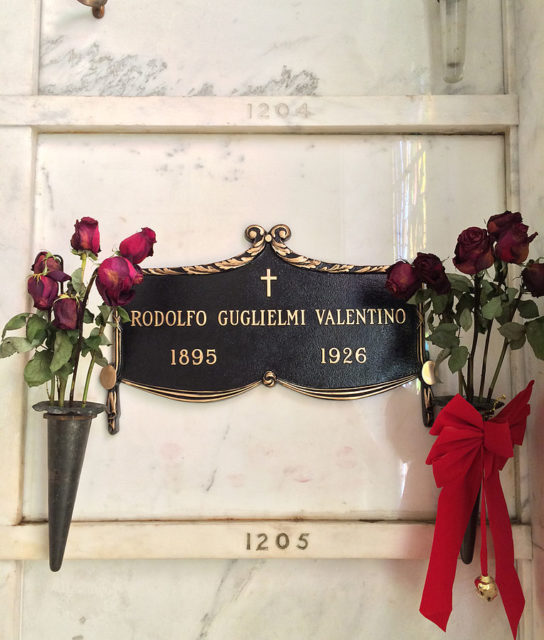
Valentino’s body was then taken by a train cross-country. A second funeral service followed on the West Coast, but there were no final burial arrangements.
His friend, June Mathis, offered a crypt she had purchased as a temporary solution. To this date, the crypt remains at the Hollywood Forever Cemetry in Hollywood, California.
